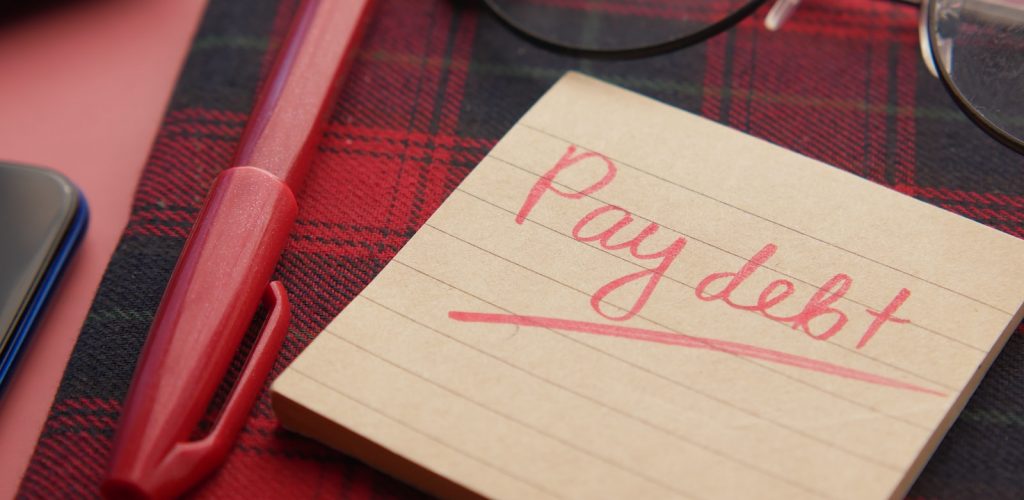Even if you’re drowning in debt, consolidating it all into one loan may sound tempting. After all, it’s a way to get everything under one roof and simplify things. But is that what you need? Is debt consolidation right for you? The pros and cons of debt consolidation are different for everyone. It will depend on your financial situation and why you have so much outstanding debt in the first place. This article breaks down everything you need to know about consolidating your debts into one loan and some other options that could be better suited to your circumstances.
What is Debt Consolidation?
Debt consolidation is the process of taking multiple debts and combining them into one new single payment. This can be done with a personal loan, home equity line of credit (HELOC), or a credit card balance transfer. There are three main reasons why someone may want to consolidate their debts:
- To lower interest costs: Consolidating your credit card debts could save you money on interest, especially if you’re currently carrying a high-interest balance on any cards.
- To simplify your payments: If you’re dealing with multiple creditors, managing payments and due dates can be a nightmare. Debt consolidation can simplify this and make your payments easier to track.
- To improve your credit score: Using a debt consolidation loan can help you improve your credit score by reducing the amount of debt you have on your record.
Why Is Consolidating Your Debt a Good Idea?
Before you consolidate your debts, you’ll want to ensure you’re doing it for the right reasons. The debt consolidation process can help you lower your monthly payments and eliminate debt faster, but it can also make it harder for you to get out of debt. If you are considering consolidating your debt, there are a few reasons why it could be beneficial for your situation:
- You have many high-interest debts: If you have a high-interest card or other forms of debt, you will want to address this first. Since interest rates are applied to the balance of your debt each month, the amount you owe will keep growing if you don’t pay it off.
- You have an unmanageable amount of debt: If you have an unmanageable amount of debt, you should consider debt consolidation. You are generally considered to have too much debt if the amount you owe each month is greater than your income.
- You want to save money on interest: If you have high-interest debts, such as credit card debt, you can save money by consolidating your debts. Consolidating your debts can lower your monthly payment, thereby lowering the interest you pay overall.
- You want to improve your credit score: If you want a lower interest rate on a car or home loan, you may want to consolidate your debt to improve your credit score.
Consolidation Alternatives
Sometimes, there are better options than consolidating your debt even if you have a lot of it. Here are some alternatives to consider:
- Reduce spending: The most important thing you can do is spend less and create a budget to reduce your debt. If you already have a budget, you should see where you can cut down on spending.
- Negotiate with your creditors: If you owe money on credit cards, you should consider negotiating. In many cases, they will be willing to reduce your debt if you offer to make a lump sum payment.
- Get a part-time job: Getting a part-time job can help you pay off debt faster. You may find a job that pays well enough to cover your debt payments.
- Use other resources: Consider using other resources, like your retirement savings, to pay off your debt.
Conclusion
Debt consolidation can be a great option for some people, but it’s only for some. Before you consolidate your debts, you’ll want to ensure you’re doing it for the right reasons. The debt consolidation process can help you lower your monthly payments and eliminate debt faster, but it can also make it harder for you to get out of debt.







